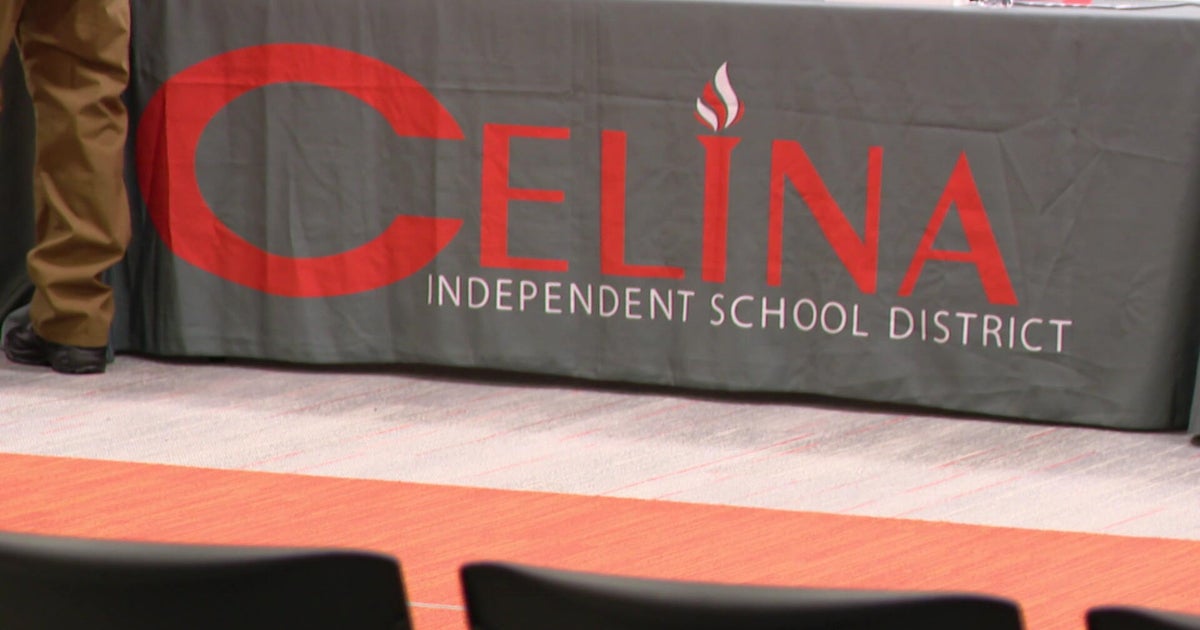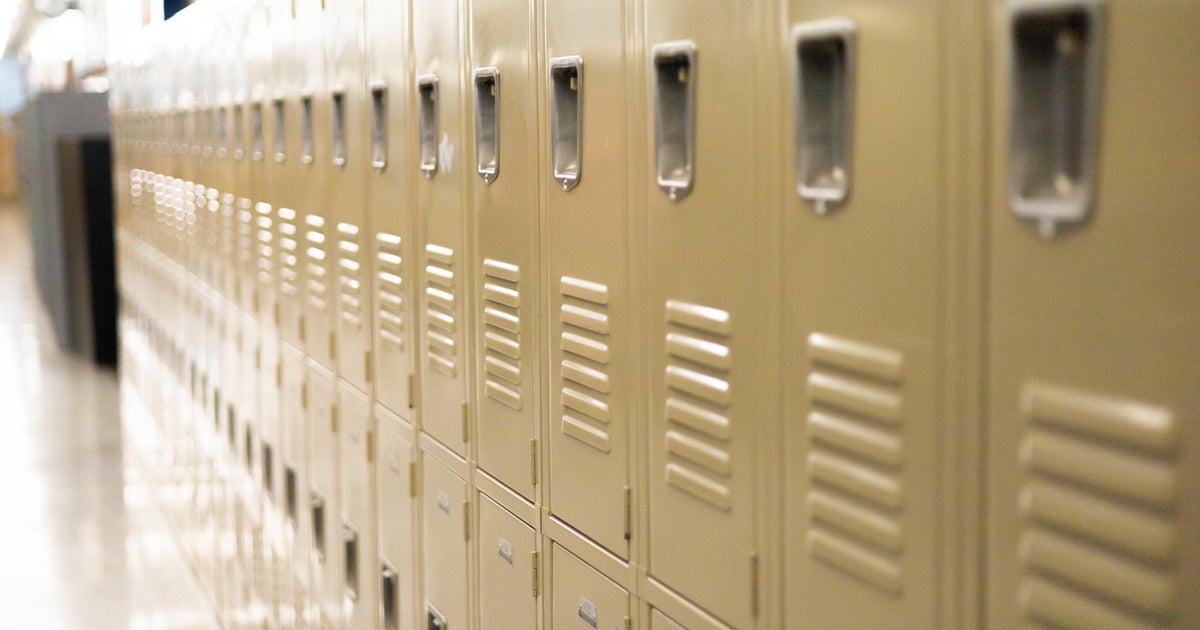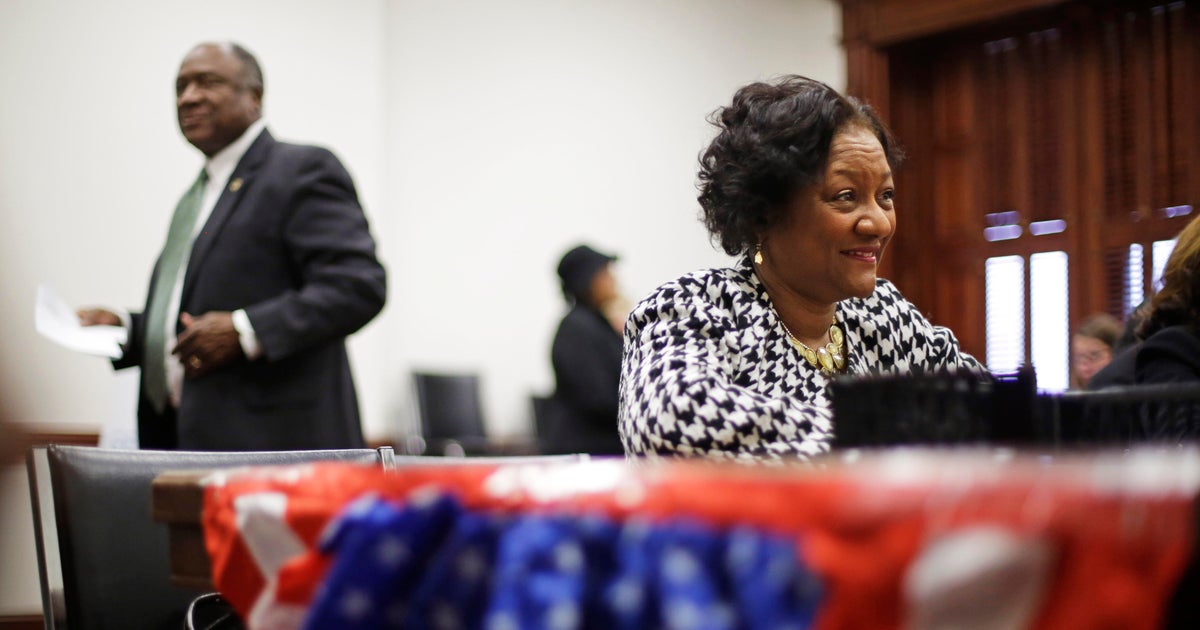Texas lawmaker says it's time for the state to get involved in "phone free" schools
NORTH TEXAS — Keeping students focused in class is a losing battle for Texas schools when there are cellphones around to distract them, says State Representative Ellen Troxclair.
"Allowing children to bring a television, a boombox, walkie-talkies - the equivalent of all of that - to school, and putting it on their desk while the teacher is trying to instruct them is clearly not a way that they are going to retain information," she said.
That's why the Austin area Republican is planning to file legislation to bring the "phone-free" movement to every school in Texas.
She said there are several approaches to keeping students off their cellphones from the less expensive option of collecting them in manila folders or hanging shoe racks to the more pricy approach of providing students with pouches that are locked during school hours.
"Of all the approaches, I think we have found having it locked up out of sight from bell-to-bell is the best because you're not constantly checking it between periods, at lunch, over lunch you're able to have conversations with your peers," she said.
The I-Team surveyed 50 districts across North Texas while the majority have an "off and out of sight" policy, six purchased magnetic locking pouches from a company called Yondr for a limited number of campuses.
Richardson ISD surveyed teachers after the first year and found 100 percent approved the move and said the pouches had given them more time to teach.
"We all thought the toothpaste is out of the tube and we don't know how to put it back in.. but with some good evidence and strong leadership these school districts have been able to prove, no it's possible and it's so needed," said Troxclair.
The state's potential involvement in student cellphone access has received some opposition.
"I think rather than banning cell phone use in school, we should focus on integrating and implementing it into our formal education programs which help young learners learn how to be effective and responsible online citizens," said Bill Salak of Brainly, an education company based in Krakow, Poland, with headquarters in New York City.
He supports leaving the decision to teachers in the classroom rather than the government.
Students, he believes, need guidance on how to manage the distraction of cell phones and use them appropriately.
"Learning the responsible use of technology will serve them far better into the future than straight-up banning it and saying, you know, you'll get this back when you're an adult."
Texas, though, would join a growing list of states that have passed similar legislation: at least eight so far with three more considering it.
Troxclair said she's already received bipartisan support from lawmakers in both chambers.
"I have several senators who immediately reached out and said, 'I love this idea. How can I help?'" she said.
Troxclair said she does not want to pass a mandate.
Her goal is to provide funding for districts that voluntarily want to implement stricter device policies.
"Passing a statewide bill will not get into the nitty-gritty details of how they're supposed to implement it, or how they enforce it... so plenty of flexibility for the districts, but my role is to say, if you want to do this, you are going to be supported 1,000%."
Troxclair said she's interested in the idea of bringing Yondr pouches, or similar technology, to middle and high school students statewide.
She will meet with the company next week to talk about pricing and availability.







